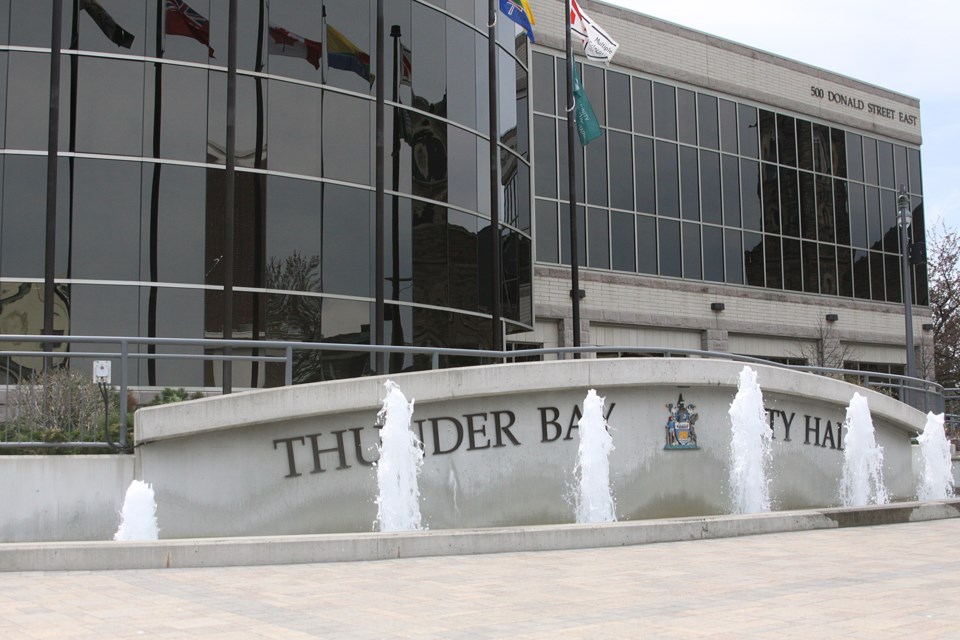THUNDER BAY — City councillors in Thunder Bay, and across the province, will soon likely be subject to a new provincially-mandated rules on how to behave while in their positions.
The majority Progressive Conservative provincial government has reintroduced legislation it first tabled before the election, called the Municipal Accountability Act. It proposes a number of changes to the existing Municipal Act that would, among other things, standardize local municipal codes of conduct under a provincial framework and mandate that municipal integrity commissioners provide conduct training to councillors and local board members.
It would also allow for a process by which a councillor could essentially be fired from their role and disqualified from running again for four years, although the member's conduct must meet multiple criteria and their removal supported by all of their peers.
“This would, essentially, amend the Municipal Act which would then give the municipal integrity commissioner the ability to recommend to the Integrity Commissioner of Ontario that a member be removed from office,” said Krista Power, Thunder Bay’s director of legislative services and city clerk.
“There is a caveat here that all members of council on that municipal council would have to vote in favour of that for the Ontario integrity commissioner to consider it.”
That process would only be triggered if a member committed “serious violations,” the province said in a backgrounder document on the bill. Power said, currently, members of council can’t be removed from their elected positions, except by a judge’s ruling.
Power said, given the stage at which the bill is in the legislature, there’s not yet word on what the standardized code would include.
Thunder Bay's integrity commissioner provides its services to the city through a firm called Principles Integrity.
They provide council members with advice or information around things like conflict of interest and take complaints about members of council or city boards from the public, city administration or other council members.
Currently, she said, municipal integrity commissioners can only recommend penalties like reprimands, loss of pay or removal from a board (but not council itself).
In response to the province first tabling the bill, Power provided Thunder Bay city council with an analysis at its Jan. 13 meeting. In the report, she said the proposed law “addresses some of the concerns previously shared with the province with respect to gaps in inconsistency in the accountability processes” of the province’s municipalities, and that overall standardization of codes of conduct that still allow for local context is “a positive change.”
Some criticisms Power’s report highlighted included the unanimous vote by council required to remove a member “puts significant pressure on members of council and may impact their ability to work together in a positive way,” the potential for the duplication of inquiries, a lack of overall independent oversight and, aside from firing a councillor, penalties and sanctions “remain limited.”
“It (would be) beneficial to see some other changes that potentially could have been implemented throughout the consultation that aren't included at this time, but that may change in the future as well,” Power told Newswatch.
